FEMS Helps the High Energy Consumption Enterprise Achieve the "Green" Dream
3/17/2020
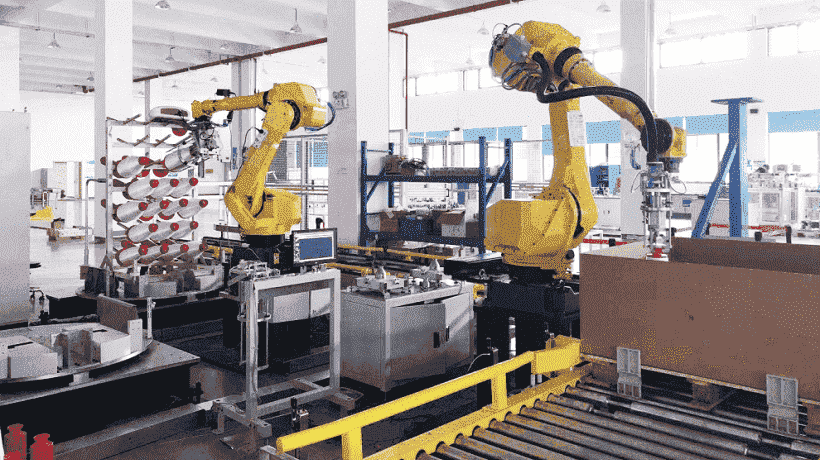
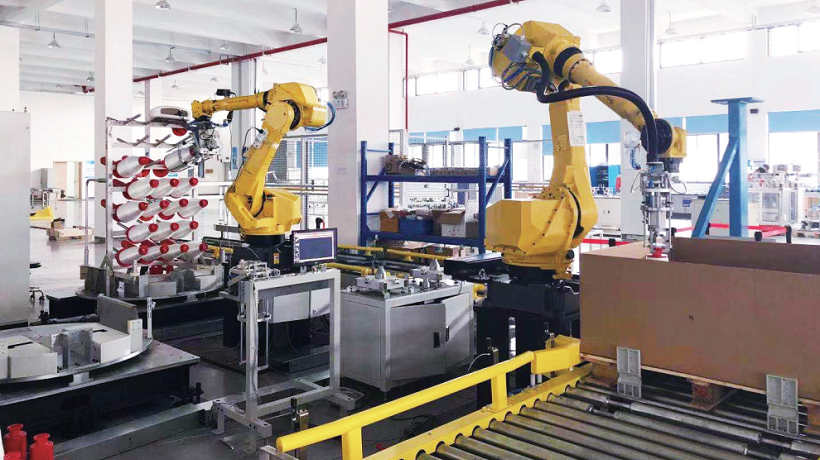
Win-win situation between intelligent manufacturing and low energy consumption
A complete solution for energy efficiency management
Energy efficiency management has a long way to go
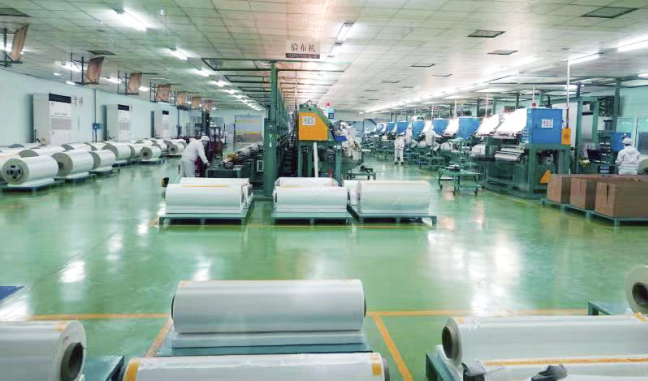
Want to know more about FEMS solution?
In today’s harsh economic climate, most manufacturers are seeking ways to save cost. Best-in-class manufacturers are already road mapping plant strategies to implement energy management in the factory for decreasing energy consumption per unit production. For this Factory Energy Management Solution (FEMS), Advantech’s iFactory Solution Ready Package (SRP) integrates hardware and software within industrial applications where typically a 7-10% energy saving can be achieved in facilities, compared to where FEMS SRP is not used. Based on real-time data obtained from smart meters, FEMS SRP allows users to monitor energy consumption information, accurately evaluate energy costs, and optimize energy efficiency, aiding business intelligence strategies for energy management.
Start Your Industry 4.0 Journey with Intelligent Factory Solutions
- Energy consumption and cost of utilities can be measured on the basis of hour, day, month, or year, by individual, aggregated departments, or corporate level. By setting benchmarks and comparing current performance with set targets, it is easy to analyze the use of energy and utilities to support energy efficiency improvements.
- Performance calculation, data displays and reports can be easily visualized using dashboard tools. The navigation menu and dashboard displays can be customized from the user interface, including trends, graphs, diagrams and tables. It also provides KPI and alarm management functions.
Digitizing Energy Management with FEMS SRP
- An overview of past energy profiles and current energy consumption data provides a systematic approach to identify problem areas and prime targets for energy reduction.
- KPI settings allow users to measure and review energy usage and efficiency of each department, reducing energy waste and improving energy efficiency.
- Production is usually the largest energy consuming part of a factory. Energy consumption data and costs can be analyzed and compared with utility bills to help improve energy efficiency and wastage.

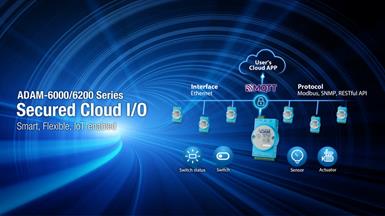
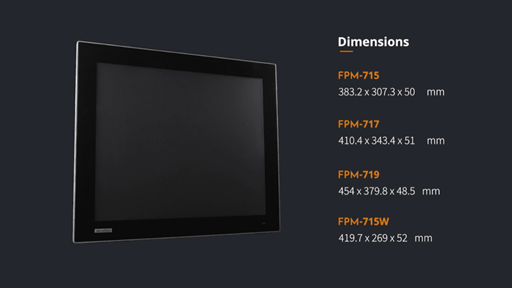

/ADAM-3600_6_S20151015173647.png)
/WebAccess.b20180426164007.jpg)
/WISE-M502_03_B20160517144103.png)
